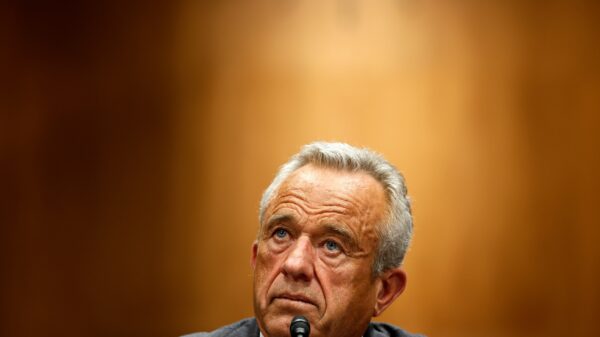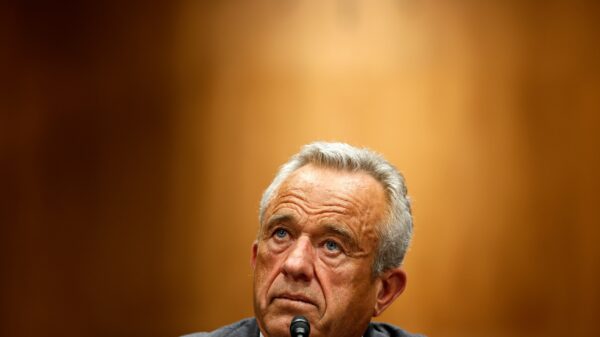BREAKING: A senior official from the State Department has revealed that the agency conducted over a dozen meetings with the White House, including discussions with Stephen Miller, President Donald Trump’s former deputy chief of staff, regarding student visas and antisemitism. This shocking testimony was delivered in federal court on October 20, 2023, during a high-stakes trial challenging the administration’s efforts to deport individuals based on their anti-Israel views.
John Armstrong, the senior bureau official in the Bureau of Consular Affairs, detailed how broad definitions of antisemitism were utilized to scrutinize the speech and activities of non-citizen students and professors. Armstrong’s statements could have profound implications for the rights of non-citizens in the U.S., as he noted the potential for deportation based on political speech.
“This is not a mundane thing,” Armstrong stated emphatically. “If we get this stuff wrong, we get 9/11. This is very serious stuff.” His remarks underscore the urgency and gravity of the discussions surrounding the criteria for visa revocations, specifically targeting individuals based on their political expressions.
The trial centers on claims from a group of university professors who argue that the government’s actions are designed to suppress protected political speech. Armstrong mentioned that the State Department regularly sent referrals to the Department of Homeland Security (DHS) for investigations into non-citizens they aimed to remove from the country.
In a particularly troubling case, Armstrong testified about the deportation of Rümeysa Öztürk, a doctoral student from Tufts University. Öztürk was detained earlier this year after her visa was revoked due to an op-ed she co-authored, participation in an anti-Israel protest, and her association with a pro-Palestinian student group. Armstrong’s testimony reveals the chilling effect of this policy on academic freedom and free speech.
The presiding federal judge, William Young, posed critical questions regarding the rights of non-citizens, asserting that First Amendment protections likely apply to them. “Probably they do. The answer is in the affirmative. Again, we are talking about pure speech,” Young stated, highlighting the potential constitutional crisis at stake.
As this case progresses, closing arguments are set to commence on October 23, 2023. The outcome could significantly impact the intersection of immigration policy and free speech rights in the United States.
This developing story continues to unfold, and its implications are vast. Stay tuned for updates as this case progresses, affecting not only the individuals involved but also the broader landscape of political expression in America.
The urgency of these revelations cannot be overstated, as they challenge our understanding of free speech and its limits in the current political climate. Expect further developments as the trial approaches its conclusion.





































































